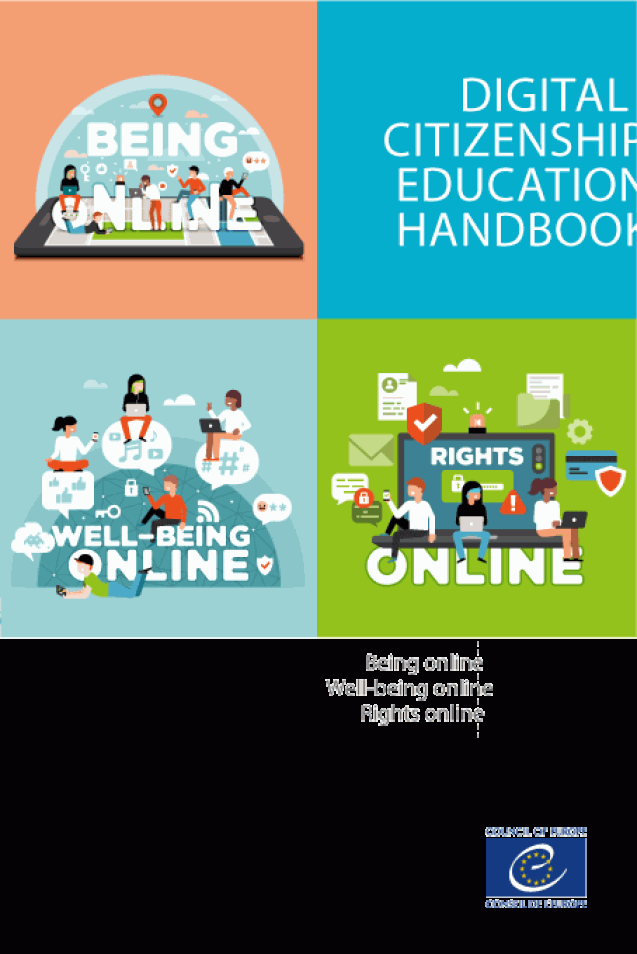
Lydia
From Poland, was chaperoned daily to a brothel in Italy and her movements were controlled.
read more
In this digital age, when technology has become an integral part of daily life and is deployed for both positive and negative uses, the Council of Europe has issued a timely publication. It is intended that use of the Digital Citizenship Education Handbook, will empower and protect children and the most vulnerable in society.
Digital citizenship competencies define how we act and interact online. They comprise the values, attitudes, skills and knowledge and critical understanding necessary to responsibly navigate the constantly evolving digital world and to shape technology to meet our own needs rather than to be shaped by it. The Digital citizenship education handbook offers information, tools and good practice to support the development of these competencies in keeping with the Council of Europe’s vocation to empower and protect children, enabling them to live together as equals in today’s culturally diverse democratic societies, both on- and offline.
The Digital citizenship education handbook is intended for teachers and parents, education decision makers and platform providers alike. It describes in depth the multiple dimensions that make up each of 10 digital citizenship domains and includes a fact sheet on each domain providing ideas, good practice and further references to support educators in building the competencies that will stand children in good stead when they are confronted with the challenges of tomorrow’s digital world. The Digital citizenship education handbook is consistent with the Council of Europe’s Reference Framework of Competencies for Democratic Culture and compatible for use with the Internet literacy handbook.
Access the Handbook here: CoE DIGITAL-CITIZENSHIP-EDUCATION-HANDBOOK